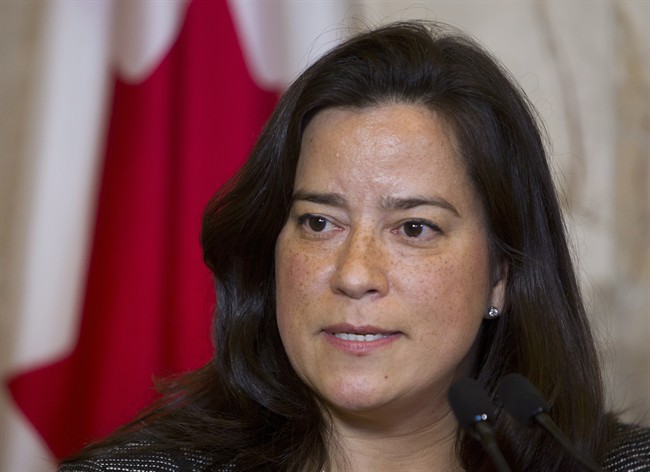Here are five things you need to know about the new process announced Thursday by the Trudeau government for appointing senators to the upper house. The process is aimed at restoring the Senate to its intended role as an independent chamber of sober second thought.

22 vacancies to be filled early in 2016
You don’t need to start compiling your resume just yet. The newly created, five-member advisory board – which is to recommend to the prime minister a short list of five names for each Senate vacancy – will be in a transition phase for the next few months. The first five of 22 existing vacancies are to be filled early in the new year after the board consults local community and indigenous organizations and elected leaders, among others, to find “high quality” candidates.
READ MORE: Why abolish the senate? “Because it’s 2015,” says Premier Wall
After that, however, the board’s consultation process will be expanded. And that will include taking applications from individuals. The government anticipates filling the other 17 vacancies by the end of 2016. The process will also apply to all new vacancies that arise as senators retire.
Meet constitutional requirements

You must meet the constitutional requirements to sit in the Senate: be between 30 and 75 years of age; own property worth $4,000 in the province you wish to represent; and have an overall net worth of at least $4,000. In the case of Quebec, a nominee must own property or be resident in the specific electoral district he or she wants to represent.
The Constitution also requires that a senator “shall be resident” in the province he or she is appointed to represent. But don’t think you’ll be able to declare an occasional cottage as your primary place of residence, a la Mike Duffy. In the wake of the Senate expenses scandal, the Trudeau government is now defining residency much more precisely.
READ MORE: Liberals move to ‘end partisanship’ in the Senate
You’ll have to provide documentation to prove that your “place of permanent residence” is in the province you wish to represent. And the government is further defining permanent residence to mean the place where a person is “ordinarily present”and has made home for at least two years prior to applying for a Senate seat.
An exception to the two-year rule may be made where a person has been temporarily absent from his or her home province for school or employment reasons but can prove the intention to return home.
Diversity is key

It will help if you’re a woman, an indigenous person or a member of a linguistic, ethnic or other minority group. The advisory board is instructed to consider gender balance and the Senate’s role in representing minorities as it searches for worthy nominees.
It will also help if you’re bilingual. Fluency in both official languages is not required but “will be considered an asset.”
Are you non-partisan?

You’ll need to demonstrate an ability to contribute to the Senate’s work in an independent and non-partisan manner, although past political activity will not disqualify you.
You’ll also have to demonstrate a “solid knowledge” of the Constitution and legislative process, including the role of the Senate.
And you’ll have to demonstrate “outstanding personal qualities,” including adhering to the principles and standards of public life, ethics and integrity.
Public servants and outstanding community members
On top of all that, you will have to demonstrate at least one of the following three criteria: a high level of experience in the legislative process and public service at the federal or provincial level; a lengthy and recognized record of service to your community; and/or recognized leadership and an outstanding record of achievement in your profession or chosen field of expertise.
- What is a halal mortgage? How interest-free home financing works in Canada
- Capital gains changes are ‘really fair,’ Freeland says, as doctors cry foul
- Ontario doctors offer solutions to help address shortage of family physicians
- Canada will take bigger economic hit than U.S. if Trump wins election: report


Comments